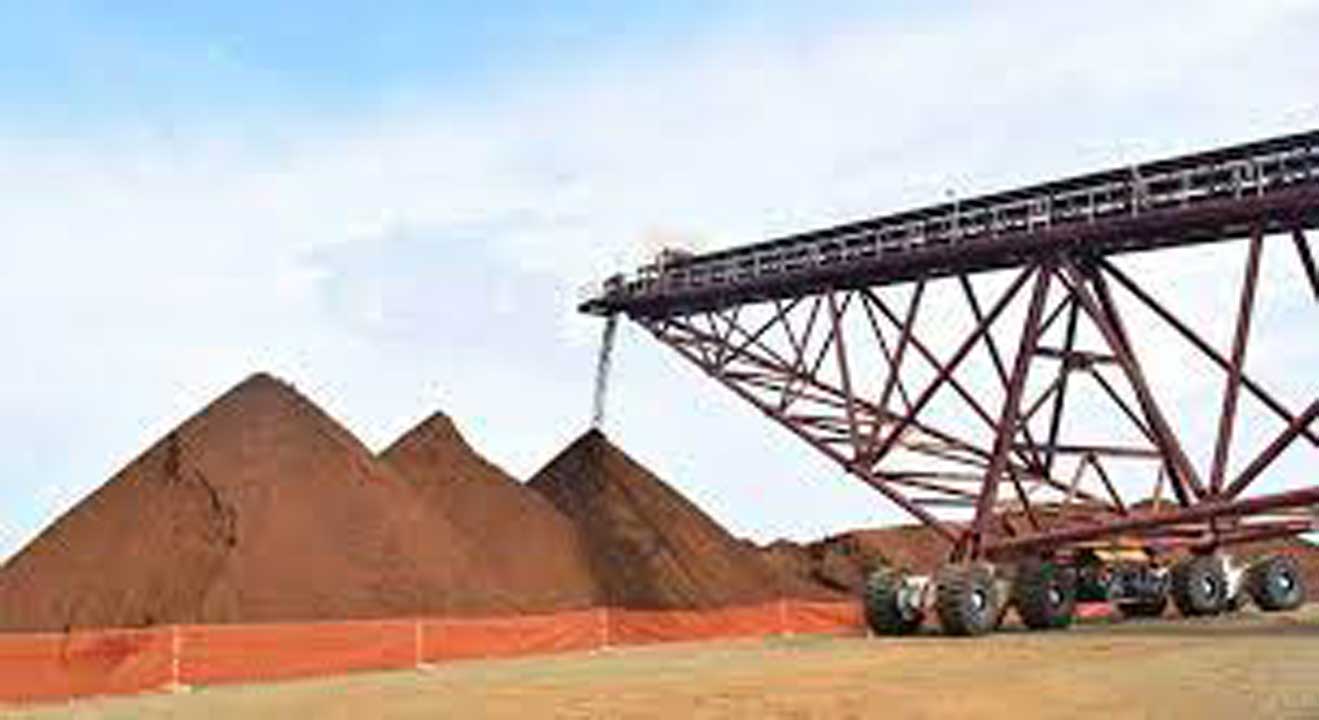Domestic ore processing seen boosting mining share of GDP
A BILL seeking to require the domestic processing of some ore mined in the Philippines holds the potential to “double or triple” the mining industry’s contribution to gross domestic product (GDP), the Mines and Geosciences Bu-reau (MGB) said....

A BILL seeking to require the domestic processing of some ore mined in the Philippines holds the potential to “double or triple” the mining industry’s contribution to gross domestic product (GDP), the Mines and Geosciences Bu-reau (MGB) said.
Juancho Pablo S. Calvez, MGB Metallurgical Technology Division chief, said during on the first day of the MGB virtual stakeholder forum Thursday that the bill, which would limit the export of some ore in order to jump-start a domestic-processing industry, would lead to the capture of more value-added than exporting ore 100%.
“How much can it contribute to the country’s gross domestic product (GDP)? Maybe it will double or triple the (mining contribution to) GDP if we push for (the) processing of our own raw ores,” Mr. Calvez said.
On July 5, South Cotabato 1st District Rep. Shirlyn L. Bañas-Nograles filed House Bill No. 9775, or the proposed Promotion of Mineral Processing and Value-Adding Act, which reduces exports of nickel ore and other raw metallic ores and encourages mineral processing within the country.
“This bill proposes gradual/partial restriction of export of these direct shipping ores as its mechanism to start and drive the mining industry to compel into mineral processing, value-adding, and establishing downstream indus-tries…,” Ms. Bañas-Nograles said in the bill’s explanatory note.
The bill is currently pending at the House Committee on Natural Resources.
“This (bill) encourages the processing of raw ores into value-added products rather than exporting them as unprocessed raw direct shipping ores,” Mr. Calvez said, noting that there are currently two domestic mineral processing plants capable to handling low-grade nickel.
The plants are operated by Coral Bay Nickel Corp. in Palawan and Taganito HPAL Nickel Corp. in Surigao del Sur.
He said that under the bill, mining firms that do not have processing plants can enter into contracts with processors or form consortiums to establish joint processing facilities.
The bill will allow miners five years to establish their processing plants.
Mr. Calvez said he does not expect the bill to pass during the current Congress, but might do so in the next Congress.
“We proposed the bill on partial restriction just a few months ago. I think the bill will not be passed during this Congress,” Mr. Calvez said.
According to the MGB, the value of Philippine metallic mineral output rose 25% year on year to P68.63 billion during the first half.
Nickel and its products accounted for 53.44% or P36.68 billion, followed by gold with 34.84% or P23.91 billion, and copper 10.87% or P7.46 billion. The remainder consisted of silver, iron ore, and chromite, worth a combined P584.75 million.
In June, the MGB said the mining sector accounted for 0.6% or P102.3 billion of GDP in 2020. — Revin Mikhael D. Ochave


















